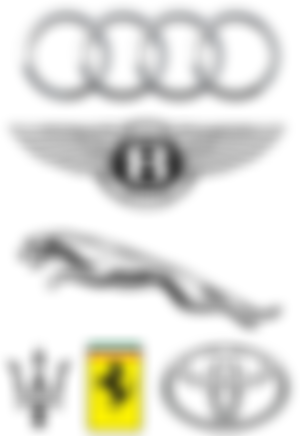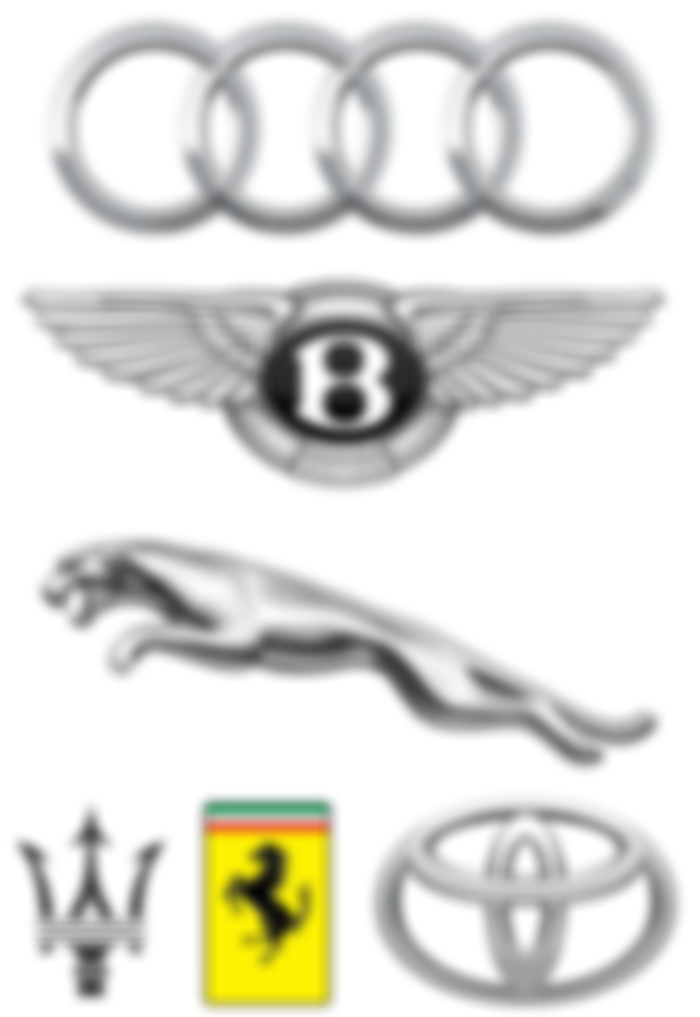Quizzes & Puzzles 67
With the changes of Read,cash and the subsequent disappearance of a large part of my followers here, I have decided to let the series “Quizzes & Puzzles” come to an end. Consequently, there will be no new questions this time, only a presentation of the answers to Quizzes & Puzzles 66.
I want to thank everyone who actively participated in this series. You are too many to mention, but you know yourselves who you are.
Answer to Quiz 66:1
Athos, Porthos and Aramis are well-known characters from literature, but what are they called as a group?
They are “The Three Musketeers”, known from several novels by Alexandre Dumas, père - and from countless films based on the novels.
@Duvinca answered this correctly.
Answer to Quiz 66:2
There is a science for classifying and naming organisms, what is that science called?
It is called taxonomy.
Answer to Quiz 66:3
A great British rock singer was born in Zanzibar, as a Zoroastrian, and came to end his life dying in AIDS?
What was his name, and what was the name of the rock band of which he was a part?
It was Freddie Mercury, and the band was Queen.
@Duvinca was the only one answering that it was Freddie Mercury.
Answer to Quiz 66:4
Here you can see the emblems of six cars. Which are the cars?

The cars are: Audi, Bentley, Jaguar, Mazda, Ferrari, and Toyota. @Duvinca and @TheGuy knew this.
Answer to Quiz 66:5
Everyone has heard about William Shakespeare, and most people knows about his most famous works, such as Romeo and Juliet, Hamlet, or Macbeth. Not everything is that well-known though.
Can you figure out which of the following theatre plays are not written by William Shakespeare?
The Comedy of Errors
Pygmalion
Titus Andronicus
Miss Julie
A Midsummer Night's Dream
Cymbeline
Waiting for Godot
The Tempest
The Two Gentlemen of Verona
A Doll's House
Coriolanus
Pericles, Prince of Tyre
Pygmalion (by George Bernard Shaw), Miss Julie (by August Strindberg), Waiting for Godot (by Samuel Becket) and A Doll's House (by Henrik Ibsen) are not by Shakespeare.
Answer to Quiz 66:6
Belief in the evil eye is very old. It is documented from old Babylonia, and is still today common around the Mediterranean. How does Islam relate to this, does it accept or reject belief in the evil eye?
Islam accepts it. The Prophet Mohammed himself is reported to have said:
"The influence of an evil eye is a fact; if anything would precede the destiny it would be the influence of an evil eye [...]." (Sahih Muslim, Book 26: No. 5427)

Quizzes & Puzzles has its own label in my Index, where all issues of the series can be found.
In my INDEX, you can find all my writings on Read.Cash, sorted by topic.
Copyright © 2022 Meleonymica/Mictorrani. All Rights Reserved
(Cartoon by Christian Dorn/Pixabay, CC0/Public Domain.)


I wonder if
Read.cash losing its 'random tipper'
just means our posts
will no longer drown under endless sargassum of
cut-and-paste.